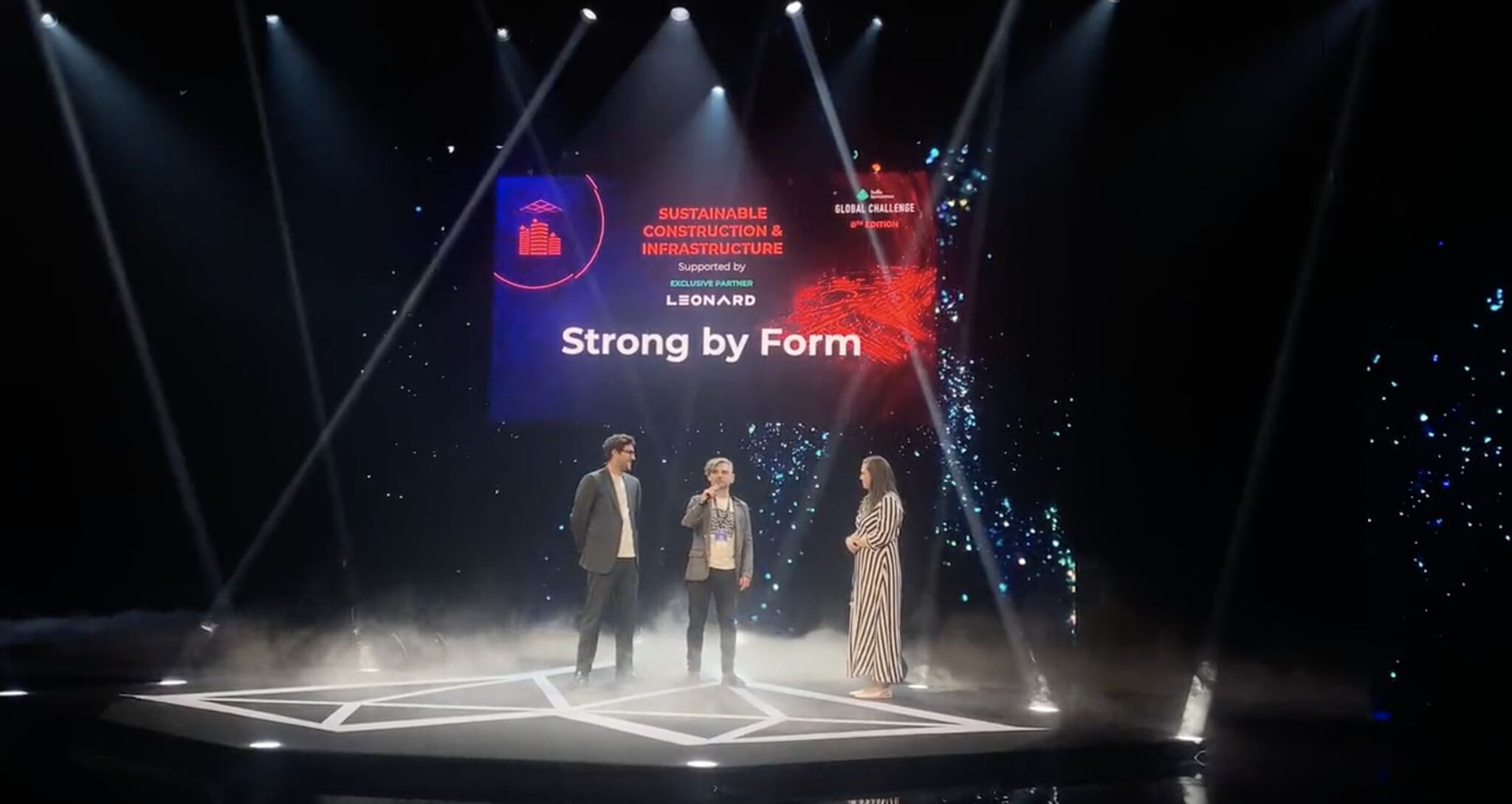Created in 2011 and organised for the first time in 2013, the Hello Tomorrow Global Summit brings together every year hundreds of project leaders, entrepreneurs, investors, engineers and experts from all over the world. As a high place for disruptive innovation, the range of topics discussed at the show is particularly wide to provide the most comprehensive response possible to the challenges of our time… Whether it is artificial intelligence, sustainable development, biotechnology, medicine, quantum physics, aerospace, agriculture, energy, advanced materials or 3D printing, all the solutions presented at Hello Tomorrow during debates, conferences or workshops are based on academic research that has demonstrated its ability to bring about a radical and positive change, but which needs to move from the laboratory to the market, and from the idea to the impact.
Each year for two days, 115 countries are represented, 4,000 innovations are showcased, and 70 finalist start-ups in six categories come to pitch their solutions on stage. The winner leaves with a cheque for €100,000 to help him or her reach the stage of industrialisation.
Leonard, VINCI’s innovation platform, has been a long-standing partner of the event and this year was a sponsor and member of the jury for the “Sustainable construction & infrastructures” category. What can we learn from the 2023 edition? What are the major Deep Tech trends in construction, materials and energy efficiency?
Impact, the primary lever for innovation
This year, climate concerns were omnipresent in the projects put forward, more so than in previous years. The overwhelming majority of the solutions presented at the show were aimed at meeting the challenges of rising temperatures, declining biodiversity and water scarcity. Guillaume Bazouin, Head of Start-ups and Intrapreneurs at Léonard comments: “There is simply no ‘impact start-up’ category because absolutely everything is impact. In all the selection criteria, there is impact. All indications are that it has become a sine qua non for disruptive innovation.”
This is particularly true for the construction sector, as advances in materials science and synthetic biology, coupled with pressure to reduce players’ carbon footprints, are giving rise to many start-ups that use plastic, agricultural and even CO2 waste to create alternatives to concrete or insulation materials, while others have set themselves the task of reducing emissions from cement or steel production. “This is part of a broader trend in Deep Tech, which is to make everything we need to live (buildings but also energy, food, consumer goods) with more sustainable materials and processes,” explains Arnaud de la Tour, CEO and co-founder of Hello Tomorrow. In this respect, it is the new materials, whether they are low-carbon, derived from wood, or designed to sequester CO2, that are pushing the cursor of responsible innovation the furthest.
Technologies of the future
For the 2023 edition, a start-up operating in this field has won the “Sustainable Construction & Infrastructure” category. The Chilean start-up Strong by Form was rewarded for its lightweight structural solutions that combine the durability of wood with the performance and productivity of advanced composites.
The six finalists in this category all share the common thread of an increasingly close relationship between construction, materials and energy. This is true of BioZeroc, which specialises in carbon neutrality for new buildings, Peafowl Plasmonics AB, which reduces energy consumption through plasmonic light technology, Caeli Energie, incubated and accelerated by Leonard, which develops air conditioning solutions with a very low environmental impact, and Mykor and Made of Air, both of which focus on carbon negative materials.
However, it was not a construction start-up that won the grand prize this year. Across all categories, the Hello Tomorrow Global Summit jury chose the osmotic energy technology developed by Sweetch Energy, which generates green electricity from the pressure difference between two liquids. A renewable solution that could help accelerate the transition to a low-carbon world.
